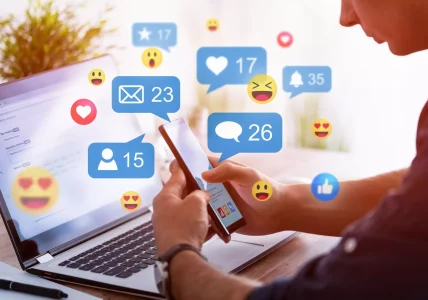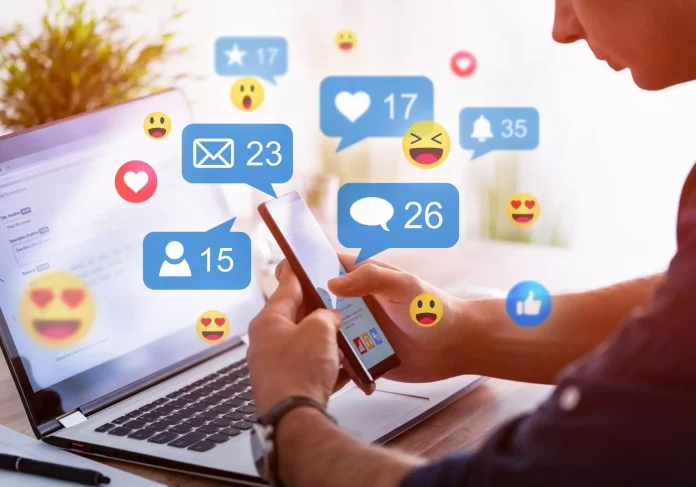
In our contemporary society, social media has become an integral part of many people's everyday lives. While they offer unprecedented opportunities for global connection and communication, there is also a dark side that cannot be ignored: the significant negative impact on users' self-esteem and mental health.
The constant barrage of images and information shared on social media can lead to incessant comparisons, where users evaluate their lives against the seemingly perfect lives of others. This phenomenon can result in feelings of inadequacy, envy and low self-esteem.
The Influence on Self-Esteem
In a survey carried out, it was identified that individuals who spend a lot of time on social media platforms, such as Instagram and Facebook, tend to report lower levels of self-esteem compared to those who spend less time on these platforms. Constant access to images of other happy, successful people can make users feel insufficient or dissatisfied with their own lives.
Furthermore, social media often encourages the search for external validation through likes, comments and shares. This dependence on the approval of others can erode self-esteem and lead to more serious mental health problems.
Social Networks and Mental Health
The impact of social media on mental health is multifaceted. There is a correlation observed between excessive use of social media and increased rates of anxiety and depression. The pressure to maintain a perfect online presence, coupled with social comparison, can exacerbate feelings of anxiety. Cyberbullying is another serious problem associated with the use of social networks, with a direct impact on the mental health of adolescents and young adults.
Additionally, constant exposure to negative news and upsetting content on social media can lead to emotional and mental exhaustion, known as “compassion fatigue.” This can result in apathy, despair, and other symptoms of mental health disorders.
Conscious Use of Social Media
Recognizing the potential dangers of social media to self-esteem and mental health, it is crucial to adopt strategies to mitigate these risks. Some approaches include limiting time spent on social media platforms, practicing digital awareness, ensuring authenticity online, and prioritizing real-life connections.
- Limit Time Online: Setting a specific time each day to be on social media can help reduce exposure to harmful content and lessen dependence on these platforms.
- Digital Consciousness: Being aware of the negative impacts of social media can help users to be more critical about what they consume and share online.
- Online Authenticity: Avoiding comparing yourself socially and ensuring an authentic online presence can help increase self-esteem and improve mental health.
- Prioritize real relationships: Dedicating time to friends and family in person can strengthen personal bonds and offer significant social support.
In short, social media has a significant impact on individuals' self-esteem and mental health. Although they offer many benefits in terms of connectivity and access to information, conscious and balanced use is essential to mitigate negative effects. Adopting practices like limiting time online, ensuring authenticity, and prioritizing real connections can help promote a healthier, more positive online experience.
